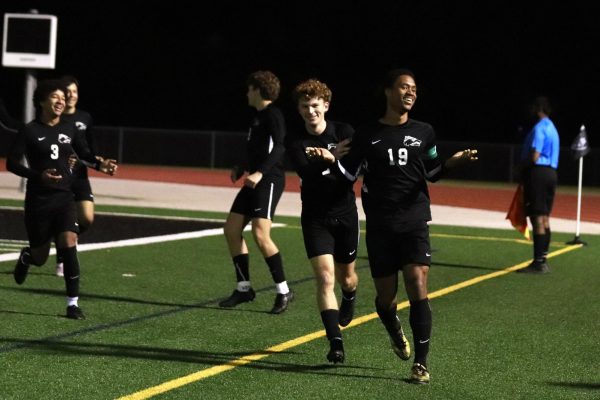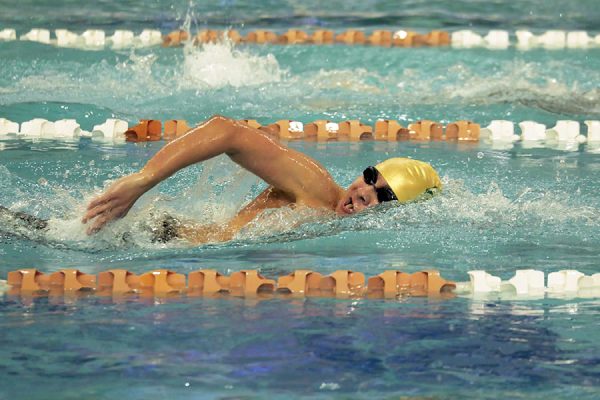Grosch debates to number one
Junior Morgan Grosch and her friend and fellow debater Kyle Fennessy taking a picture together before a round.
January 13, 2016
Clad in a black pant-suit, the girl made her way into the classroom. With her head held high and her backpack in tow, she stirred towards the desk. Pulling out her laptop, she started her planning and her plotting. Her leg nervously bounced in which one might mistake as a gesture of nervousness, but is rather one of anticipation. Finally, she takes her place at the front of the room, scanning her eyes over the judge and her opponent. Slowly but steadily, she clicks the “start” button on her phone, and she’s off, sprouting off word after word.
Junior Morgan Grosch is one of the most qualified debaters at CPHS according to many of the awards that she has in her favor, having started debate during sophomore year.
“I joined debate because I thought it would be an engaging extracurricular and honestly it just looked fun,” Grosch said.
She has come a long way from then, winning first in UIL districts and recently has gotten bid [money from a sponsor] from St. Marks.
“My favorite accomplishment was winning a bid at the St. Marks tournament because I dedicated a lot of time in the weeks leading up to it and did a lot better than I expected,” Grosch said.
LD, Grosch’s respected field, is shortened for Lincoln Douglas debate, is one of the many different types of debate out there in the state. LD is an individual debate type and focuses on philosophical debates.
“We [LD debaters] research and debate the benefits and harms that come out of implement certain relevant policy options within a topic chosen by a committee every two months,” Grosch said.
Grosch goes on to explain the benefits of LD debate.
“I think that LD is a really amazing event because it is a singular event that integrates the same kind of debate found in Policy [which is a partner event in which two people debate about proposed policies],” Grosch said.
In her field of LD, Grosch has won many competitions such as: qualifying to state as a sophomore, qualifying to a regional UIL tournament as a sophomore, as well as winning a couple of local tournaments. However, winning isn’t the best part about debate, according to Grosch.
“The best part of debate is the people you meet and the friends you gain,” Grosch said. “The community is filled with such vibrant, nice, and intelligent people.”
Her friends also play a vital role in her budding debate career, according to Grosch.
“My biggest influence in debate has to be all of my friends who support me throughout the debate season, as well as my coach Courtney who dedicates a lot of time working with me,” Grosch said.
However, despite the support she gets from her friends, Grosch feels like there is more to be done with leveling the playing field between boys and girls in debate.
“I think it is really, really, really important for women to join debate and I would recommend debate to anyone interested because LD and Policy debate lack female voice and that is seen through numerous micro-aggressions in the community,” Grosch said. “I have sadly, often seen far too many times women be labeled as lesser than their male counterparts in the debate community solely based on their gender. I think that it is very important for women to participate in debate so the activity can stop being a boy’s club and be more accepting of strong women who want to learn advocacy skills and take over the world.”
While being a women in debate continues to be hard for many girls out there, Grosch continues to knock those barriers done as she is one of the only girls invited to the Strake Round Robin, also known as RR, tournament short tournament in which you are placed in “pods” [different groups] and debate your competitors multiple times with a two panel judge, according to Grosch.
“It’s pretty hard to get invited, so that’s cool (that I got invited),” Grosch said. “I’m doing a lot of research to prepare for the RR as well as drills and practice rounds.”
Like every good sports team must practice before they become the best, the time a debater puts into their work justifies how well their tournament goes, as Grosch explains what she does before each rounds.
“I don’t really have a ritual before rounds, but before the round starts we look at “the wiki” which is where the other debaters disclose the cites (where one gets their information from) to their evidence they read, so we do prep (research) on what is “on the wiki”,” Grosch said. “Also I really like the ice breakers gum, specifically the raspberry kind, so I chew that a lot at tournaments.”
Despite “wiki”-ing before each round, Grosch explains how she feels before every debate.
“I get very stressed right before a tournament and I typically feel much unprepared, but I think that is very common for most debaters since debate is really contingent on the work load put in before the tournament,” Grosch said.
Grosch extends some advice to new debaters out there hoping to one day make it.
“Honestly just have fun and work hard,” Grosch said. “Debate is less about the accomplishments you achieve and more about the advocacy skills you gain and the friends you make. It’s imperative to enjoy the activity because if you are not compassionate about debate it is very hard to put forth the work necessary to win. Also, focus more on improvement than winning or losing. My sophomore year I placed too much emphasis on my tournament records and not enough focus on actually improving my skills. It seems weird to have the “practice makes perfect” mentality in an activity like debate, but it is seriously so true.”

![Posing with their UIL State Trophy, the Robolobos Van Halen Team beams with excitement after their win. “It was a team effort,” junior Noah Vo said. “I was happy because something happened in the first match and the match was also really close. So [when] they finally revealed it, I was pretty happy.” Photo courtesy of Amy Lovelace](https://cphswolfpack.com/wp-content/uploads/2025/05/IMG_0910-EDIT-1200x723.jpg)
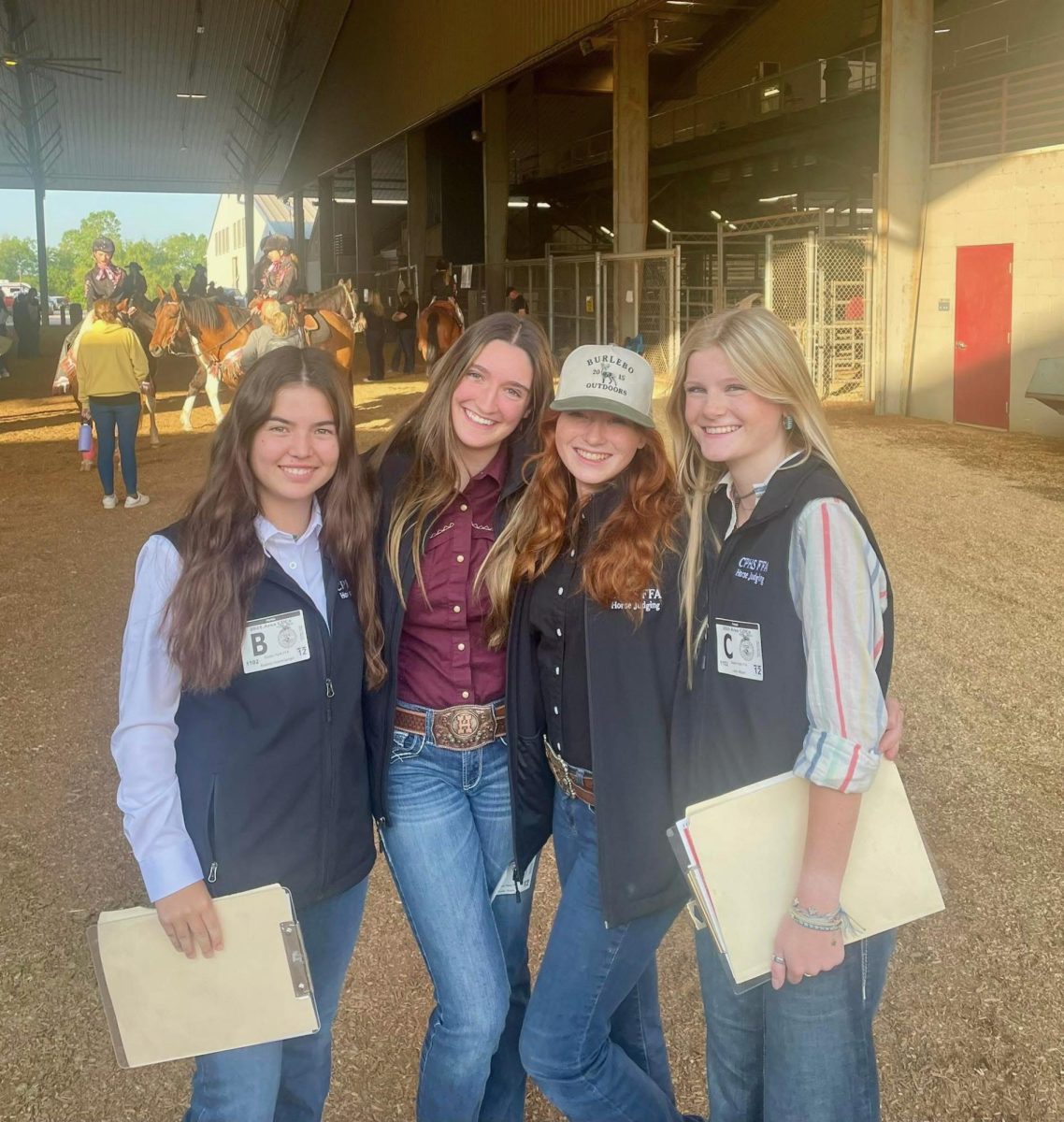
![Broadcast, yearbook and newspaper combined for 66 Interscholastic League Press Conference awards this year. Yearbook won 43, newspaper won 14 and broadcast took home nine. “I think [the ILPC awards] are a great way to give the kids some acknowledgement for all of their hard work,” newspaper and yearbook adviser Paige Hert said. “They typically spend the year covering everyone else’s big moments, so it’s really cool for them to be celebrated so many times and in so many different ways.”](https://cphswolfpack.com/wp-content/uploads/2025/05/edited-ILPC.jpg)











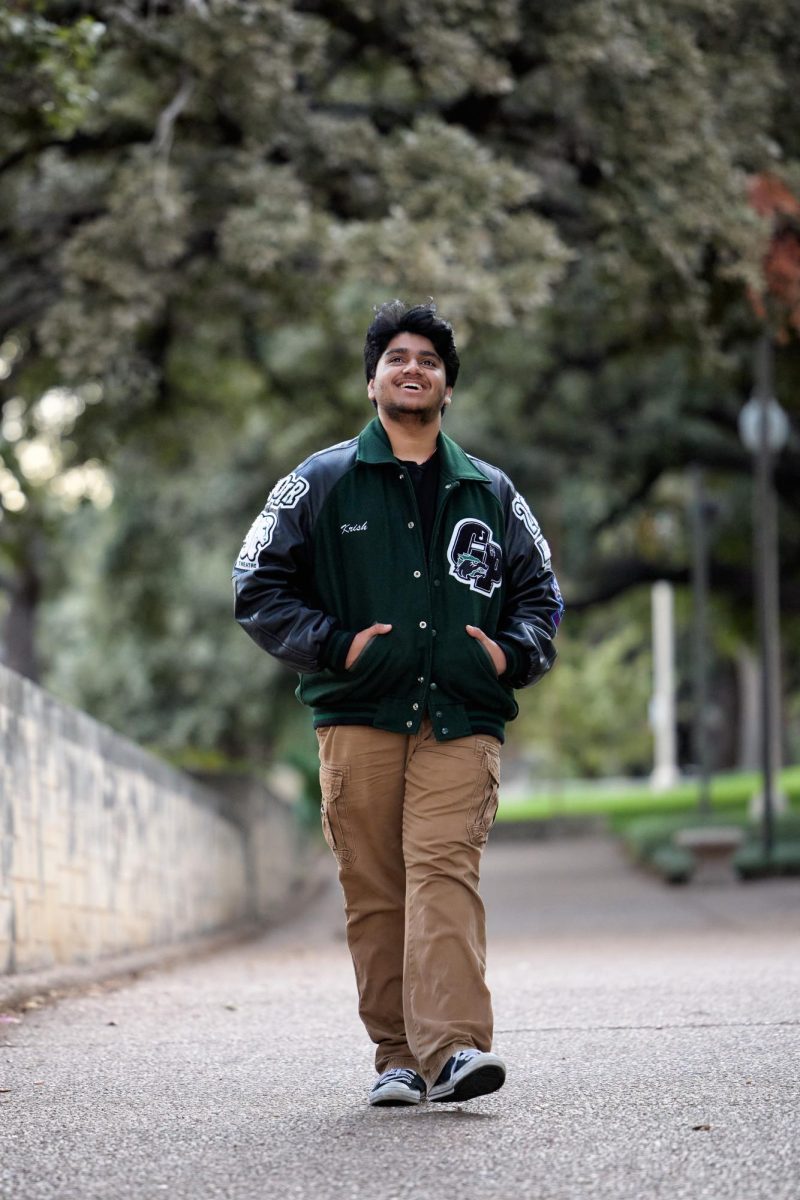

![Bringing her arm over her head and taking a quick breath, junior Lauren Lucas swims the final laps of the 500 freestyle at the regionals swimming competition on date. Lucas broke the school’s 18-year-old record for the 500 freestyle at regionals and again at state with a time of 4:58.63. “I’d had my eye on that 500 record since my freshman year, so I was really excited to see if I could get it at regionals or districts,” Lucas said. “ State is always a really fun experience and medaling for the first time was really great. It was a very very tight race, [so] I was a bit surprised [that I medaled]. [There were] a lot of fast girls at the meet in general, [and] it was like a dogfight back and forth, back and forth.” Photo by Kaydence Wilkinson](https://cphswolfpack.com/wp-content/uploads/2025/03/Kaydence-2.7-23-edit-2.jpg)
![As the support team sits and poses for a photo in the cafeteria with the counseling team they eagerly wait to start their day. "We [all] seem to be a team, I get up every day and there's days where I don't want to go to work today, but I'm thankful that I have a job and I'm blessed to have what I have," Christopherson said. Photo Courtesy of Julie Weltens.](https://cphswolfpack.com/wp-content/uploads/2025/01/AF9E8470-10D7-4C91-BF28-EC8F86BAB66C-1200x852.jpeg)
![Officer Stephanie Cash is in her second year as an SRO at CPHS. “Seeing [students] grow over the years has been kind of cool,” Officer Cash said. “Freshmen that [are] all over the place and then in the next couple of years get a little more squared away and go to class and do work and start thinking about the future. Being a part of a student's growth is the best way to measure my success as an SRO.” Photo Courtesy of Cedar Park Police Department's PIO, Alicia Gallagher.](https://cphswolfpack.com/wp-content/uploads/2024/12/CPHS-SRO-900x1200.jpg)
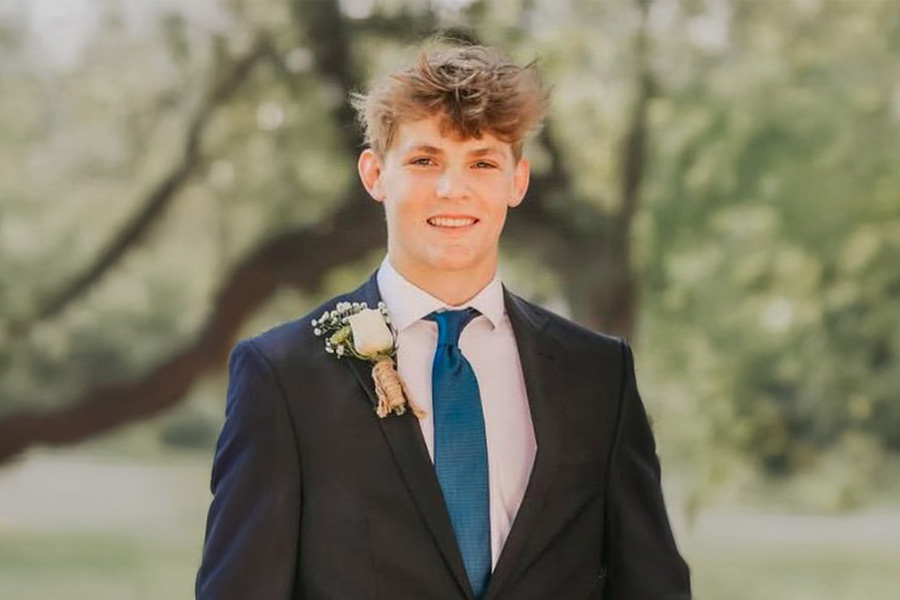

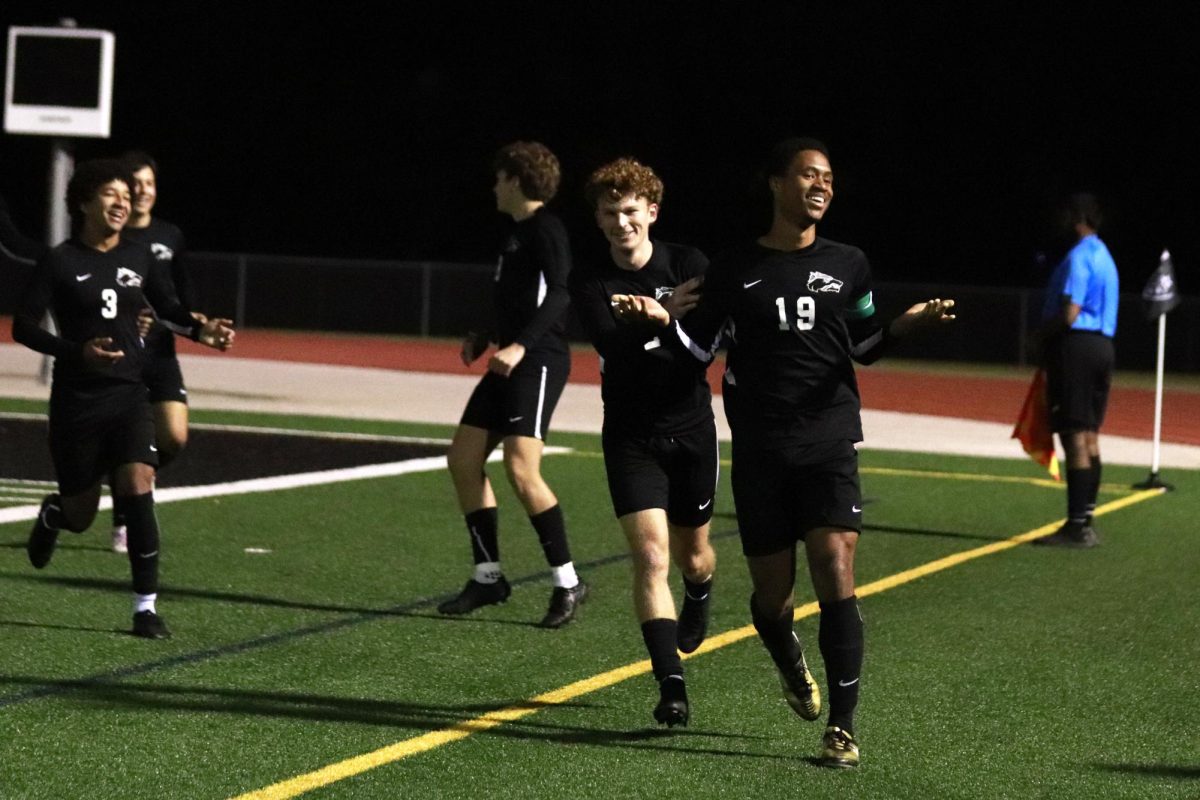
![Taking a breath as he raises his arm up and out of the water, sophomore Kaden Padilla swims the 500 freestyle at the UIL state meet on Feb. 21-22. Padilla placed 10th overall and second in the consolation final in the event, dropping two seconds. “My family was there, so being able to drop time for them was really special,” Padilla said. “It was awesome [finding out I advanced to the consolation finals]. I wasn’t expecting it, and I was very surprised. My parents being there definitely made me a lot happier knowing they got to see me swim in finals.” Photo by Skyler King.](https://cphswolfpack.com/wp-content/uploads/2025/03/kaden-padilla.jpg)

![Three defenders try to stop senior point guard Hope Edwards before the ball leaves her hands. The girls basketball team faced Liberty Hill on Feb 21, losing 58-40. “[My season was] definitely bittersweet,” Edwards said. It's definitely sad [because] I'm gonna miss all my teammates, my coaches and just the whole CP environment.”](https://cphswolfpack.com/wp-content/uploads/2025/03/julia-128-1200x800.jpg)













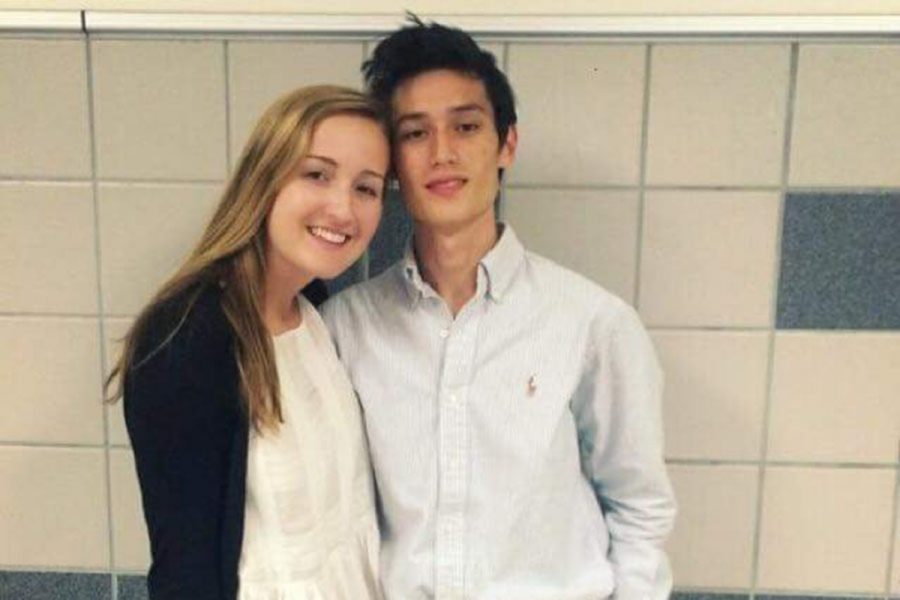
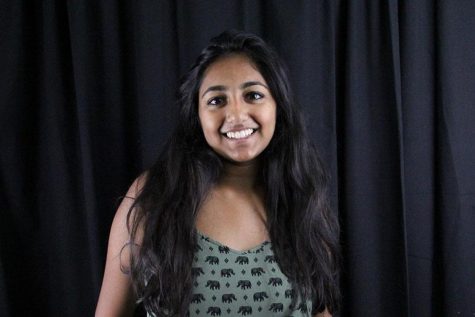
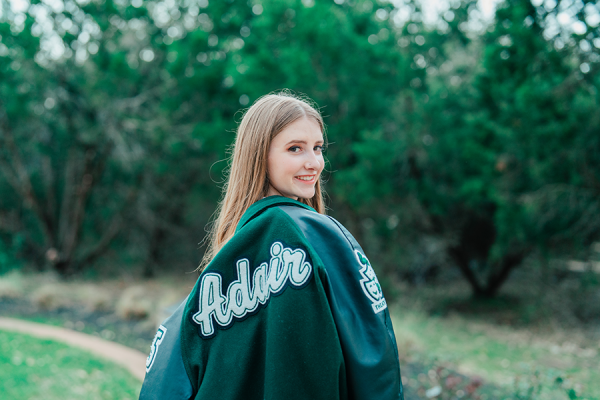

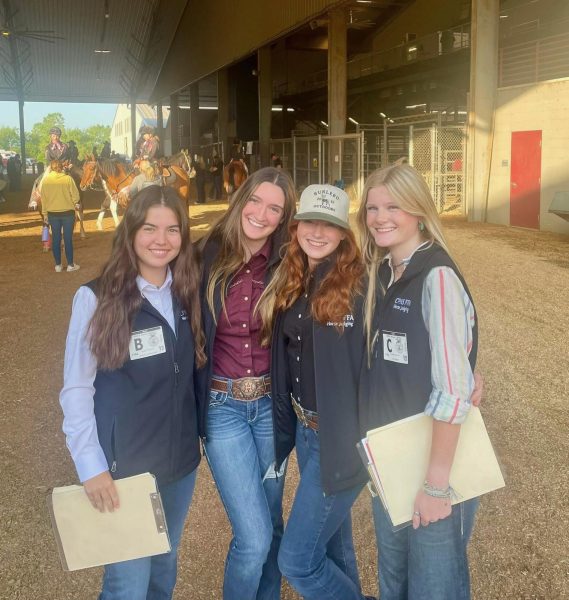
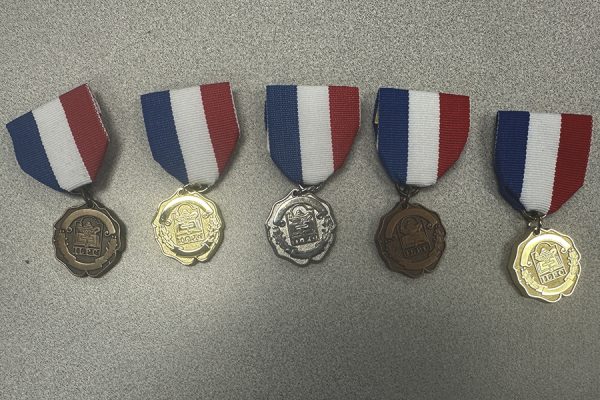


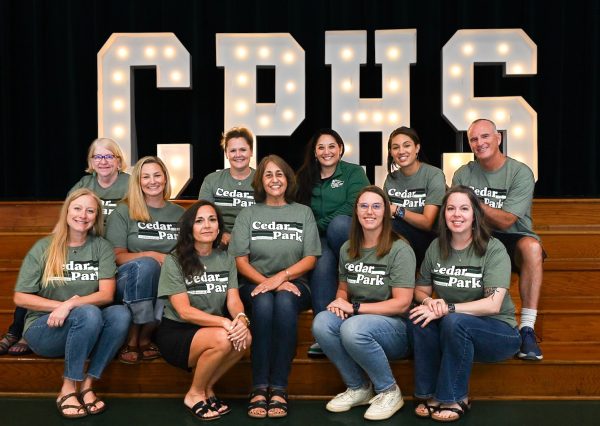
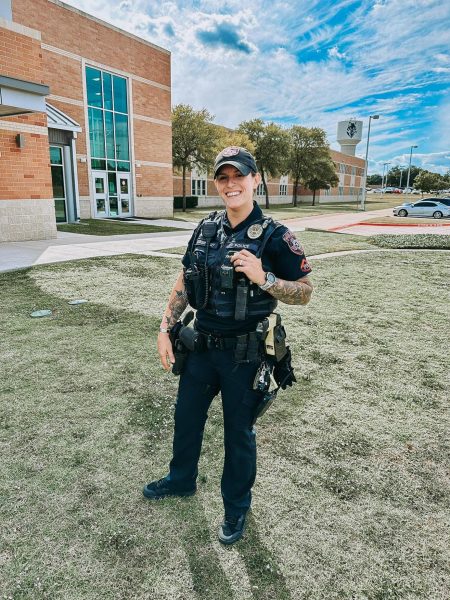

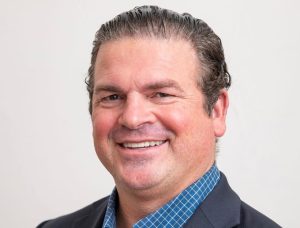


![Whereas classical art depicts a scene and tells a story, often of mythology or religious references, artists of modern times focus more on expressing ideas and feelings. The style of back then has since been replaced by splashes of color, curvy lines and other new art techniques. "[Over time] I think art has shifted more to emotion rather than human beauty, " sophomore Braeden Murray said. "Modern art is significantly more abstract and doesn't have an obvious theme in mind. Very simple shapes, no people to be seen, and more colorful. I think in the older [time period] the art was definitely more human based, with biblical [references] while modern art is more emotion based because it's not depicting a particular scene or action that's happening.”](https://cphswolfpack.com/wp-content/uploads/2023/02/2023-vs-1503-300x200.png)

